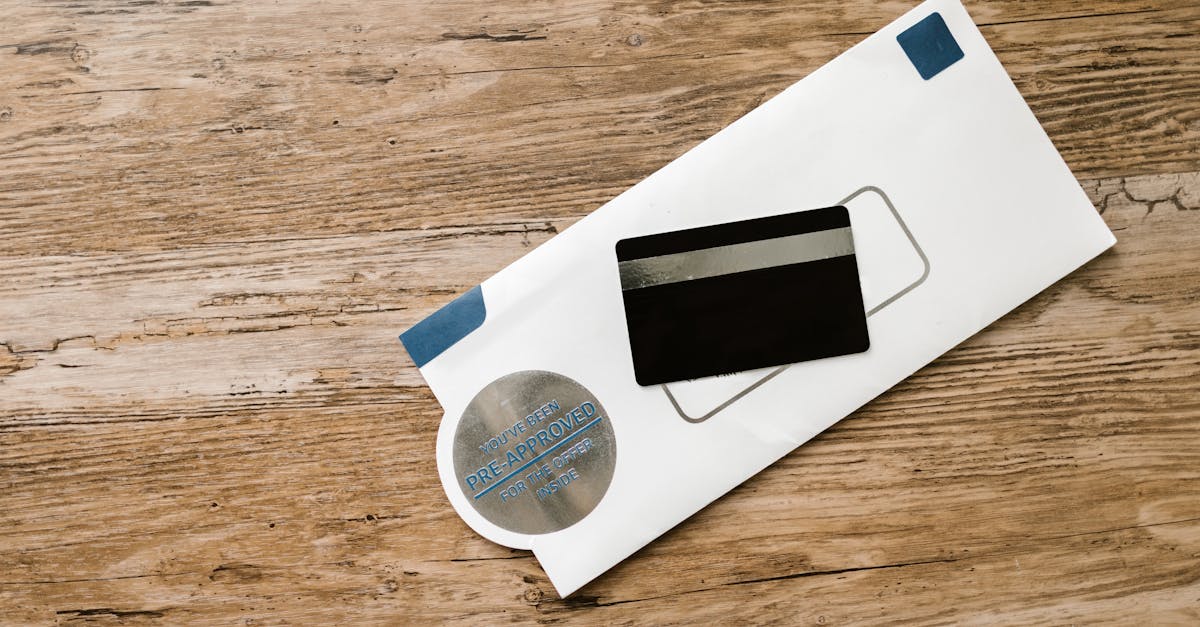Transforming Your Financial Lifestyle
Introduction
In today's fast-paced world, achieving a secure and satisfying financial lifestyle is more critical than ever. Many aspire to financial freedom but find the path daunting. Fortunately, transforming your financial lifestyle doesn't require a finance degree or a massive windfall. With a strategic approach, anyone can improve their financial health. This article dives into effective methods to cultivate better financial habits. Whether aiming for debt elimination, savings growth, or investment strategies, there's something for everyone. Let's explore how small changes can lead to monumental financial transformations.
Advertisement
Understanding Your Financial Health
The first step in transforming your financial lifestyle is assessing your current financial health. Begin by listing all sources of income, ranging from salaries to side gigs. Then, outline your debts and monthly expenses to understand your fiscal obligations. This will give you a clear picture of your net worth and highlight areas needing adjustment. Financial health isn't merely about wealth; it's about managing your resources wisely. By recognizing spending patterns, you can make informed decisions to ensure financial stability.
Advertisement
Setting Financial Goals
Without clear financial goals, it's easy to drift aimlessly. Begin by setting both short-term and long-term goals. Short-term goals might include building an emergency fund or paying off credit card debt, while long-term ones could involve buying a home or securing retirement funds. Writing these goals creates accountability. Additionally, it's essential to make them SMART: Specific, Measurable, Achievable, Relevant, and Time-bound. Goals guide your actions and keep you focused, ensuring each step taken leads you closer to financial freedom.
Advertisement
Crafting a Budget
A well-crafted budget is the backbone of a solid financial plan. First, categorize your expenses into essentials and non-essentials. Track every penny spent, and set limits to prevent unnecessary splurges. Adopting the 50/30/20 rule can be beneficial: allocate 50% of your income for needs, 30% for wants, and 20% for savings or debt repayment. Regularly reviewing your budget helps identify overspending areas and adjustments needed. A budget ensures disciplined spending, paving the way to financial transformation.
Advertisement
Eliminating Debt
Debt is a common barrier to financial freedom. Address it by adopting strategies like the snowball or avalanche methods. The snowball method focuses on paying off smaller debts first, providing quick psychological wins. Conversely, the avalanche method targets high-interest debts, minimizing exorbitant interest payments. Whichever method you choose, consistency is key. Consider consolidating debts where possible for more manageable payments. Reducing and eventually eliminating debt not only frees up cash but also alleviates stress, fostering a healthier financial environment.
Advertisement
Building an Emergency Fund
Life is unpredictable, making an emergency fund essential. Aim to cover 3-6 months' worth of expenses. This fund acts as a safety net against unforeseen circumstances like job loss or medical emergencies. Start small; contribute a fixed amount monthly, and gradually increase as your financial situation improves. Keep this fund in a separate account to avoid temptation. An emergency fund offers peace of mind and prevents financial setbacks from derailing your progress.
Advertisement
Investing for the Future
Once debts are manageable and a budget is established, consider investment opportunities. Start by educating yourself on available options, such as stocks, bonds, and mutual funds. Diversification is crucial to mitigate risks. If you're unsure, consulting a financial advisor can be beneficial. Consider employer-sponsored retirement plans like 401(k)s or individual retirement accounts (IRAs) to benefit from tax advantages. Investing not only grows your wealth but ensures long-term security, making your money work for you.
Advertisement
Embracing a Frugal Lifestyle
Living frugally doesn't mean living without. It means making conscious decisions about spending. Find joy in simple pleasures and distinguish between genuine needs and fleeting desires. DIY projects, second-hand shopping, and energy-saving practices promote savings without compromising quality of life. Being frugal enhances your ability to save and invest, driving long-term financial success. It's about valuing resources and maximizing their impact.
Advertisement
Educating Yourself Continuously
Financial education is a lifelong journey. Staying informed about financial trends, new investment opportunities, and economic shifts can be empowering. Numerous resources, including books, online courses, and webinars, offer valuable insights. Networking with financially savvy individuals provides varying perspectives and advice. The ability to navigate complex financial landscapes confidently stems from continuous education, safeguarding your financial future.
Advertisement
Conclusion
Transforming your financial lifestyle is a journey, not a destination. With dedication and informed strategies, financial freedom becomes attainable. Embrace the process, track achievements, and adapt to changes to ensure success. While challenges may arise, persistence and adaptability will guide you through. As you cultivate healthy financial habits, you won't just change your finances—you'll change your life.
Advertisement


